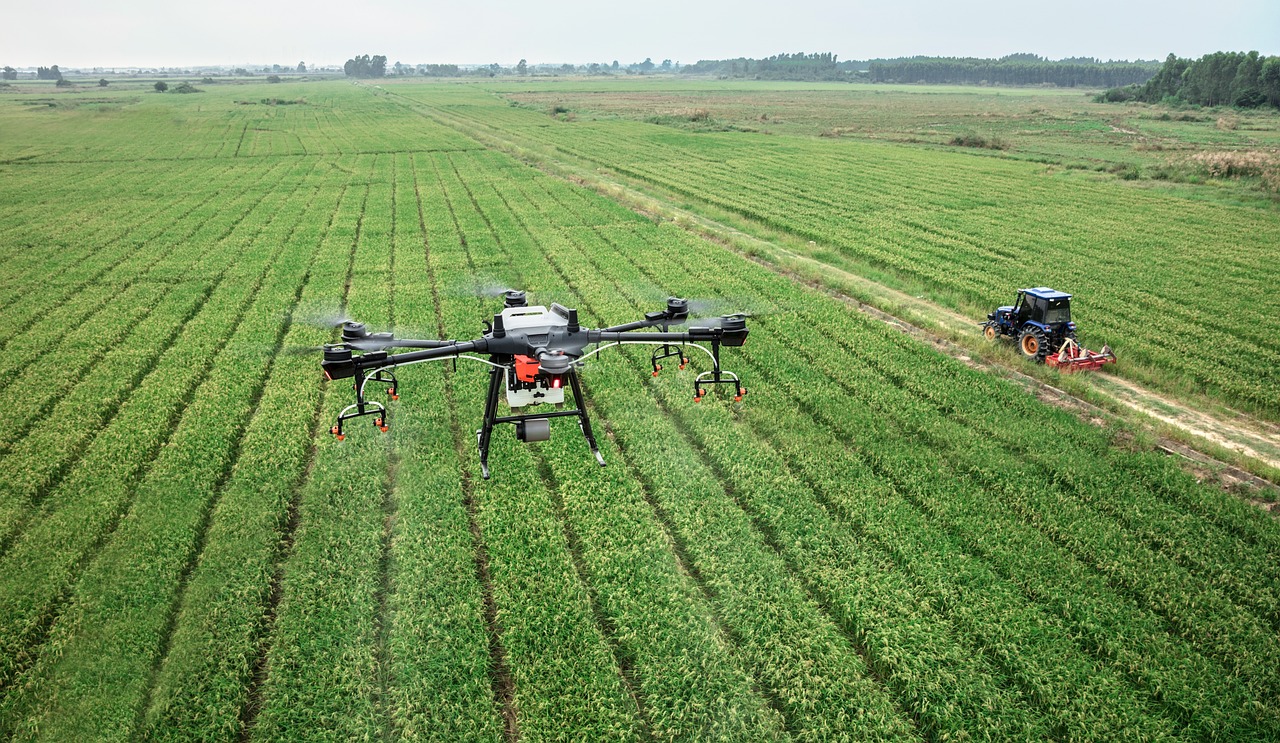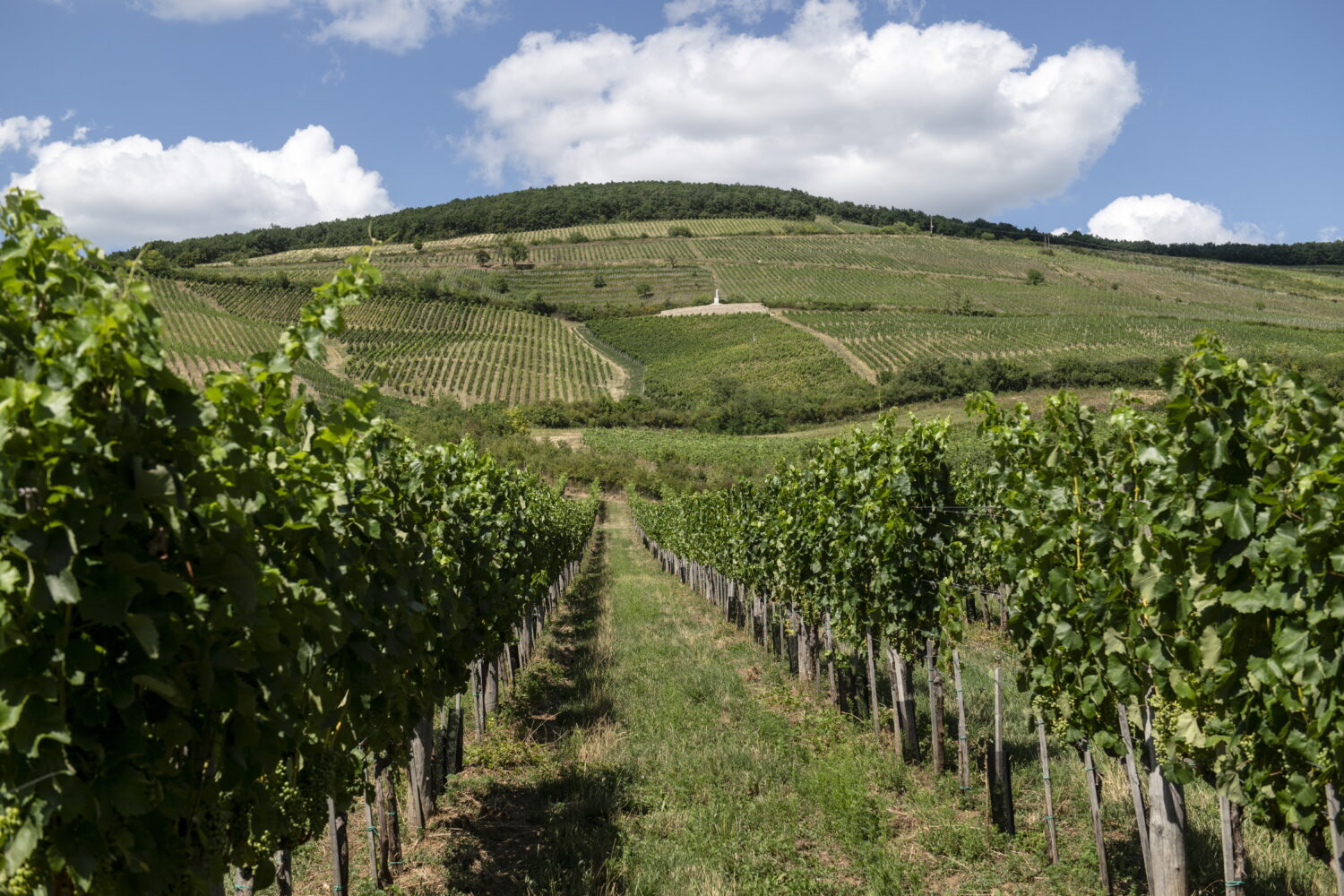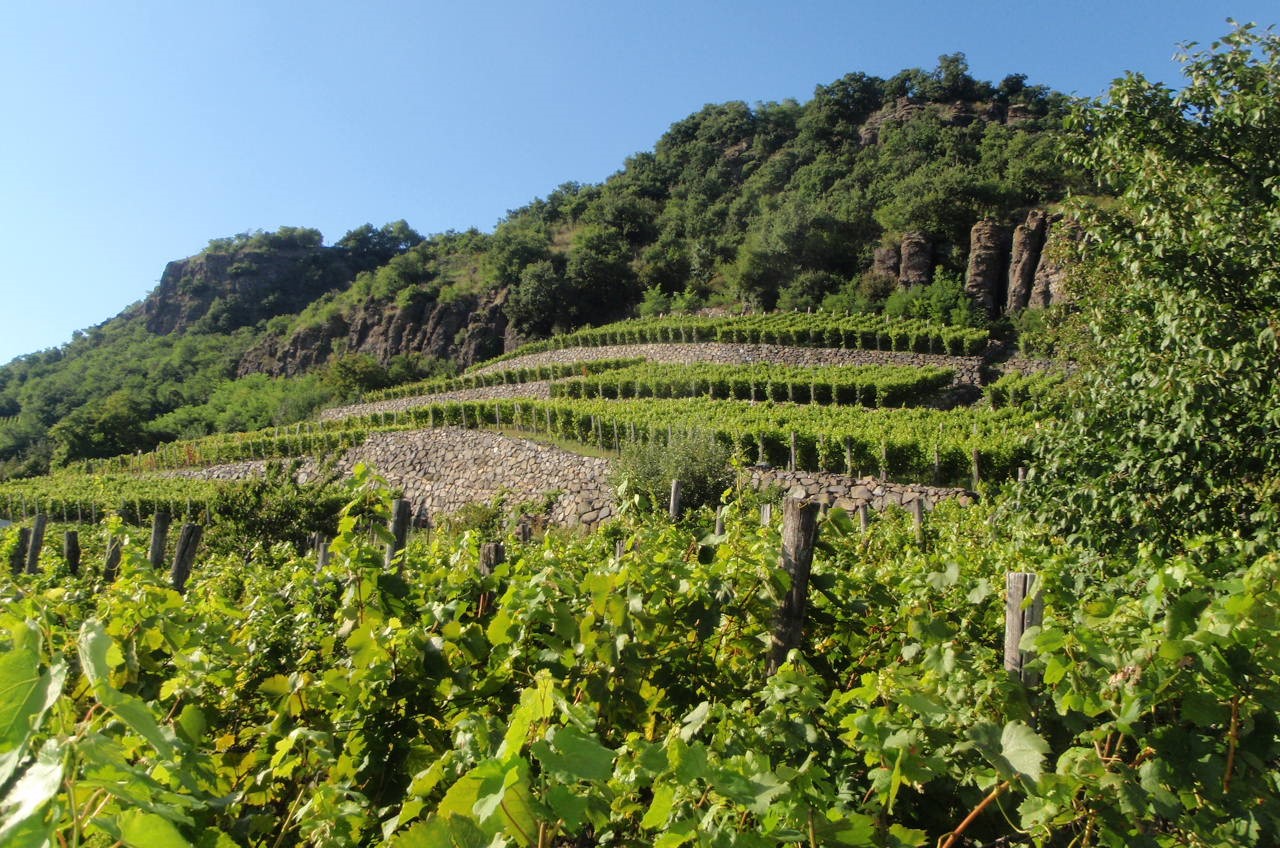
The Hungarian agriculture industry could save time and money with artificial intelligence.Continue reading

Recent research shows that birds and bats can be allies of grape growers. The joint study by the HUN-REN Center for Ecological Research and the University of Milan found that these flying predators not only reduce pest numbers but also mitigate crop losses. The research revealed that forested environments are especially favorable for their presence.
The intensive methods used in modern agriculture (such as increased use of pesticides) seriously threaten the biodiversity of agricultural habitats and related ecosystem functions. Vineyards are particularly vulnerable, as they face numerous pest threats while sustainable farming methods remain underutilized.
Hungarian and Italian researchers examined the role of birds and bats in the natural regulation of vineyard pests. Their joint study showed that these predators not only help control pest populations but also provide economic benefits to farmers.
The study investigated vineyards in Hungary across various farming practices (organic vs. integrated) and landscape types (forested vs. open, agricultural landscapes). Experiments that excluded birds and bats, using cages, demonstrated that where these predators were present, less crop damage and lower pest numbers were recorded. Forested landscapes proved especially favorable for bat activity in spring, which reduced the presence of grapevine moths and directly influenced yields.
The presence of these predators can be promoted by maintaining connected landscapes with native deciduous forest patches, hedgerows, and small groups of trees that offer abundant food sources and suitable nesting or roosting sites,”
said Dávid Korányi, lead researcher of the field experiment.

Vineyard on Somló Hill, western Hungary. Photo: Pixabay
The research found that grapevines from which birds and bats were excluded consistently suffered higher levels of leaf and fruit damage, reinforcing the pest-control role of these animals. The study also emphasized the importance of vineyard management methods in pest defense. Senior author Péter Batáry noted:
Pest control services can be further enhanced through organic management, which avoids herbicides and synthetic insecticides, thereby facilitating the colonization of beneficial arthropods and strengthening pest predation pressure in vineyards.”
The findings were published in the Journal of Applied Ecology.
Via hun-ren.hu, Featured image: MTI/Komka Péter